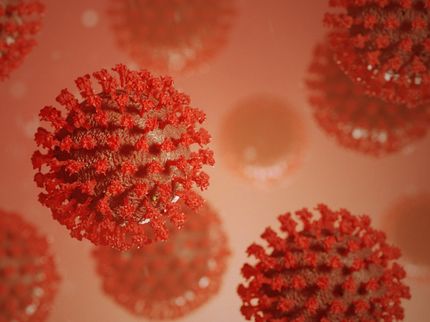Researchers find hormone that predicts premature death in kidney patients
Discovery will allow earlier interventions
Researchers at the University of Colorado School of medicine have found that high levels of a specific hormone can predict which kidney patients will develop heart problems, require dialysis or die prematurely.
"This discovery allows us to predict at-risk patients before they require dialysis," said lead investigator Michel Chonchol, MD, an associate professor of medicine specializing in nephrology. "That's critical because approximately 23 percent of patients on dialysis die in the first year."
The findings were published in the Journal of the American Society of Nephrology.
Chonchol and fellow CU School of Medicine researcher Jessica Kendrick, MD, studied the blood plasma of patients with advanced kidney disease and found that levels of fibroblast growth factor-23, a hormone known as FGF-23, increased as the patient's kidney function decreased.
The hormone regulates phosphorous levels in the body. As the kidneys fail, they are unable to excrete phosphorous which raises FGF-23 levels. The higher the hormone levels, the greater chance the patient will die.
"At this point we don't know how the hormone changes the body," Chonchol said.
By the time a patient is down to just 30 or 40 percent kidney function, the levels of FGF-23 can predict who will die, have a cardiac event or end up on dialysis. Almost 50 percent of the deaths result from cardiovascular issues like heart attack.
Until now, doctors relied on measuring phosphorous to assess phosphate balance in patients with kidney disease.
"Prior to a patient going on dialysis the phosphorous levels shoot up," Chonchol said.
But he found that long before phosphorous levels jump, FGF-23 levels have already increased. Identifying this earlier will allow doctors to intervene with drugs that can lower phosphorous which would then lower the hormone level.
"This has provided us a critical marker to look for," Chonchol said, "A marker that could save lives."
Organizations
Other news from the department science

Get the life science industry in your inbox
By submitting this form you agree that LUMITOS AG will send you the newsletter(s) selected above by email. Your data will not be passed on to third parties. Your data will be stored and processed in accordance with our data protection regulations. LUMITOS may contact you by email for the purpose of advertising or market and opinion surveys. You can revoke your consent at any time without giving reasons to LUMITOS AG, Ernst-Augustin-Str. 2, 12489 Berlin, Germany or by e-mail at revoke@lumitos.com with effect for the future. In addition, each email contains a link to unsubscribe from the corresponding newsletter.























































